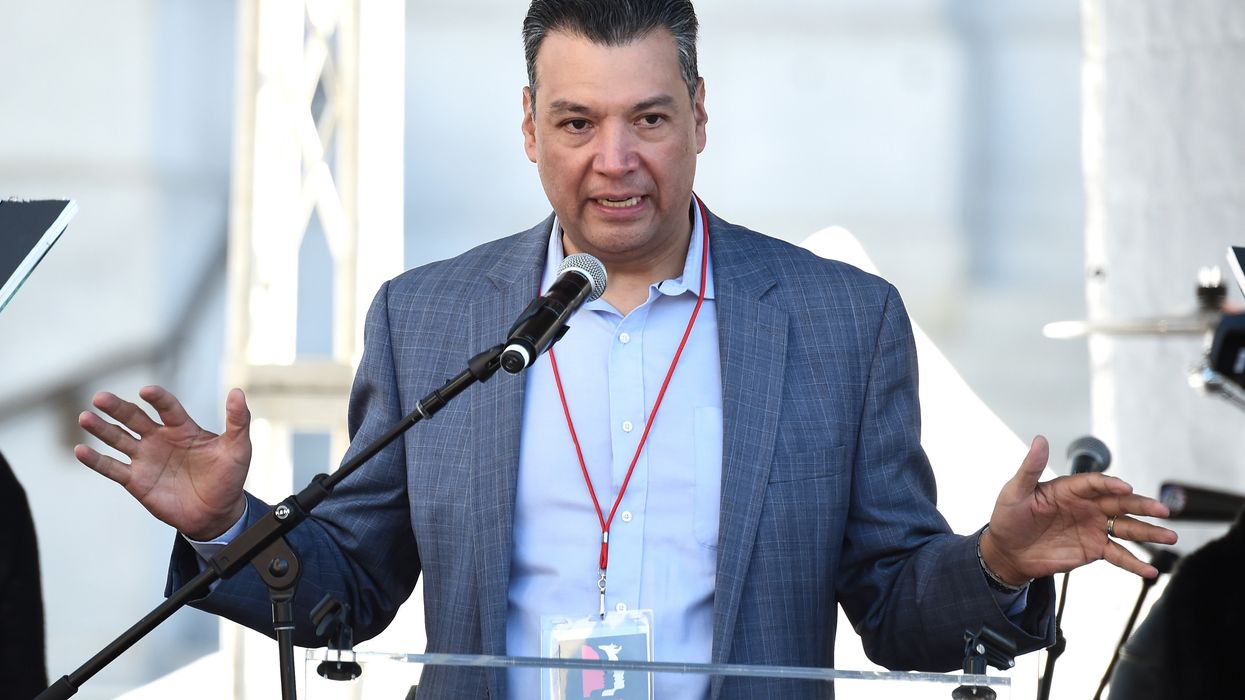California's presidential primary system violates the constitutional rights of those who don't belong to either major party, an advocacy group for independent voters alleges in a lawsuit filed Tuesday.
The Independent Voter Project — which steered the nation's most populous state to adopt a nonpartisan "top two" primary system for state and congressional elections a decade ago — is now hoping the California courts will to strike down rules permitting the Democratic and Republican parties to control next year's presidential nomination contests.
Federal courts have said the parties have broad latitude to set the rules for their own contests. But the lawsuit filed in San Bernardino Superior Court alleges that California's top election official, Secretary of State Alex Padilla, is ignoring a state constitutional requirement that presidential primaries be truly "open" to voters regardless of party.
He has done so, the suit maintains, by permitting the two parties to set rules for their primaries that require partisan independents to jump through special administrative hoops. Democrats, for example, have allowed independents to vote in person on primary day but have decreed that those wishing to vote by mail must request ballots well in advance. California's Republicans have gone further and generally require voters to register as party members before voting in the GOP contest.
It is unclear how far the litigation will proceed before March 3, Super Tuesday, when Californians will vote to allocate more delegates for next summer's Democratic convention in Milwaukee than any other primary. A candidate who does particularly well in the state could receive a significant catapult toward the nomination.
Kamala Harris, a senator from California since 2017 and before that its attorney general, has been leading in statewide presidential polling and is currently in the top four in almost all national surveys.
Independents and absentee voters, who are disproportionately young and people of color, have been making up an ever larger share of the California electorate, according to Chad Peace, the Independent Voter Project's legal counsel. Peace says his group has calculated the current Democratic system could effectively disenfranchise as many as 1 million of the state's estimated 5 million independent voters.
The lawsuit also alleges that, under the state constitution, its government is illegally spending taxpayer dollars on the primaries because they "benefit wholly private political parties."




















Trump & Hegseth gave Mark Kelly a huge 2028 gift